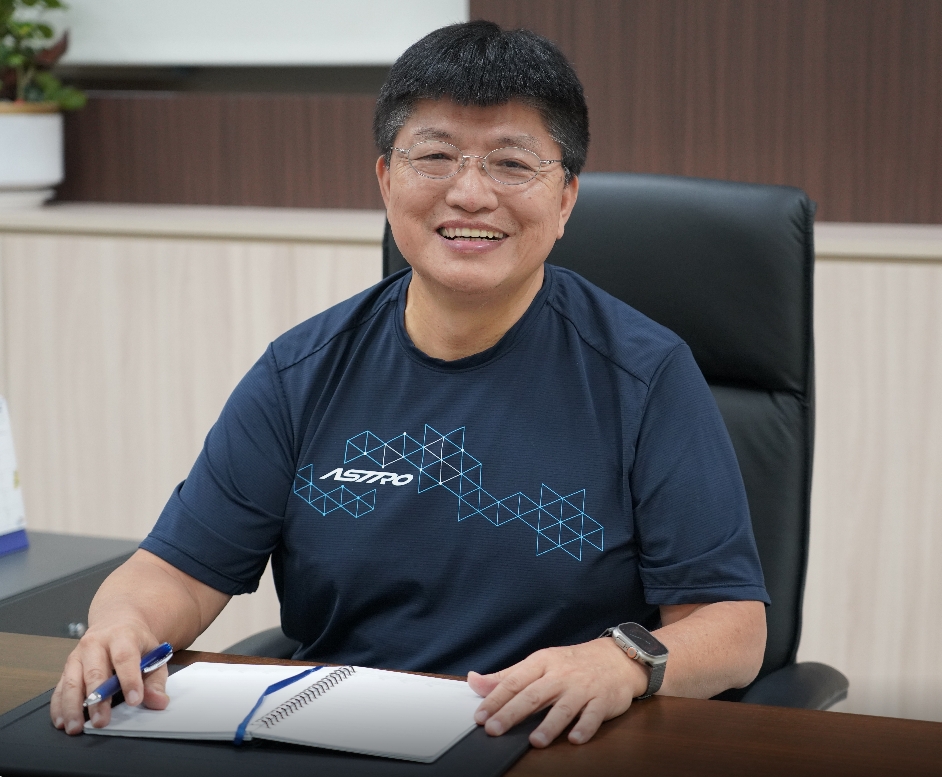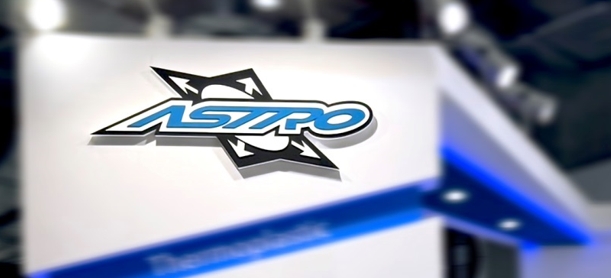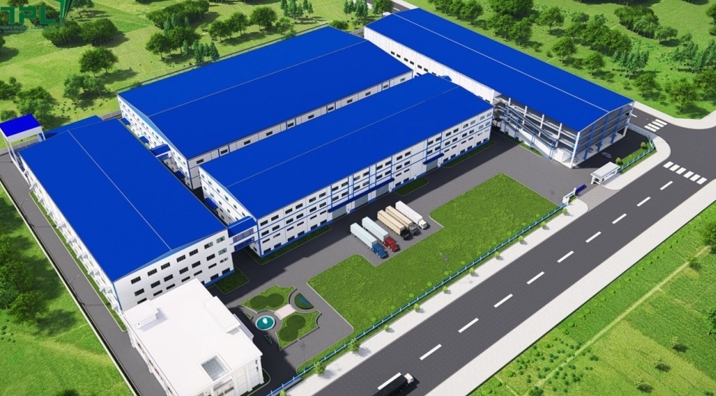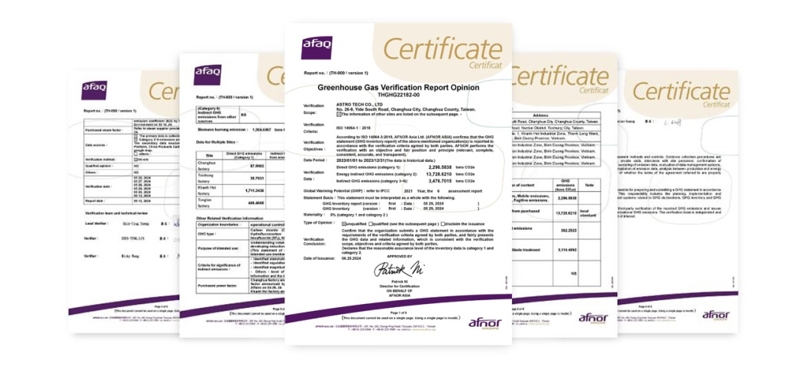Text & Photo: Wheel Giant
The bicycle industry is grappling with significant challenges, primarily due to high inventory levels. Rising demand during the pandemic led brands and suppliers to ramp up procurement, resulting in supply chain backlogs. While discount promotions have helped clear stock, profitability has suffered, adding financial pressure on brands. Many startups have struggled or shut down due to lack of funding, while traditional brands are fighting to survive. Some have defaulted on payments or passed losses onto suppliers, further straining the supply chain, which could reach a breaking point by 2025.
According to Astro Tech’s General Manager, Samuel Hu, price wars driven by consumer demand for discounts have further eroded profit margins. The situation is compounded by geopolitical tensions and fluctuating trade policies, especially in critical manufacturing hubs like Vietnam. While large brands are making strides with ESG initiatives, smaller ones are struggling to keep pace due to limited resources. Hu emphasizes that balancing market demands with sustainability goals is essential for long-term industry growth.
Despite these challenges, Astro has been able to respond rapidly to market shifts, particularly in the third quarter of 2022. As Hu highlights, Astro took a proactive approach in assisting customers with adjusting their finished goods and material management, enabling the company to navigate through difficult times successfully. This response allowed Astro to establish clear and actionable strategies for future growth.
Expansion, Innovation, and Sustainability
1.Vietnam Expansion and Automation Upgrades
Despite the difficulties facing the bicycle industry, Astro remains optimistic about the future of the electric vehicle market. "We believe that market recovery is on the horizon," said Samuel Hu. To prepare, Astro is building a new 42,000-square-meter facility in Vietnam, set to start production in 2026. The plant will feature cutting-edge automation integrated with MES/ERP/QCS systems to increase capacity for aluminum and carbon fiber frames, helping Astro meet rising demand as the market recovers.
2.Strengthening Supply Chain and Localization
With 24 years of experience in Vietnam, Astro has solidified its local presence and is focused on strengthening its supply chain. Hu stresses, "Our goal is to build a strong, reliable local supplier network to enhance supply chain resilience and serve the growing demand for EUR1 trade agreements from European customers." This strategic localization effort aims to ensure production flexibility and reduce risks associated with global supply chain disruptions.
3.Commitment to Sustainable Development
Sustainability has been at the core of Astro’s strategy since the planning stages of its Vietnam Kim Huy facility in 2016. Hu points out that energy conservation and carbon reduction were prioritized from the beginning. Astro achieved ISO 14064-1 certification in 2023 and adopted green aluminum across its operations in 2024. "We are committed to sustainability, and our new plant will be built according to ESG principles, incorporating energy-efficient equipment throughout," Hu added. Astro plans to complete the installation of solar panels at its Taiwan facility and aims for ISO 14067 certification by 2025.
4.Innovation and Design at Taiwan Headquarters
Astro’s headquarters in Taiwan continues to drive innovation in material and technology development. Hu highlights the company’s team of over 80 R&D professionals who focus on providing high-quality design and technical support to brand clients, shaping market trends and ensuring Astro remains competitive in the evolving industry landscape.
5.Leveraging Group Resources for Competitiveness
Since joining the Darfon Group in 2021, Astro has benefited from solid financial backing and advanced management systems. "The support from the Darfon Group has allowed us to invest in state-of-the-art equipment and expand our global reach," says Hu. With the group’s global resources, Astro is well-positioned to excel in an increasingly competitive market.
Astro’s future plans also include evaluating the possibility of establishing a production base in Europe to shorten supply chains and better meet customer needs. Samuel Hu says, over the next three years, Astro will leverage its automated production systems, supply chain management expertise, and group resources to deliver superior products and services, solidifying its competitive presence in the global market.

Astro tech General Manager Samuel Hu.


Astro Tech's new Vietnam facility will adopt LEED green building design and is expected to commence operations in 2026.

Astro has obtained ISO 14064-1 certification.






